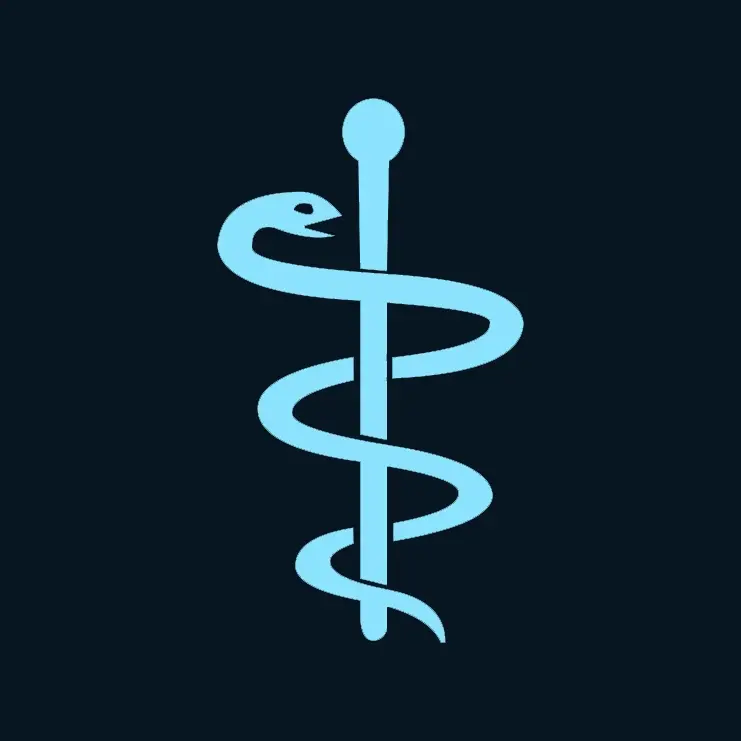The article description below is from an email newsletter:
Physicians are expected to always act in the best interest of their patients. Increasingly, many doctors find they must speak up and be advocates before a world that seemingly cares little for the lives and rights of their patients. In some cases, that advocacy has been in the form of civil disobedience against policies and laws seen to be unjust or inequitable.
However, civil disobedience by doctors is complicated. On the one hand, medicine is a profession of norms, rules, regulations, standards and tradition. On the other, there are often times of moral crisis that call on physicians to challenge those very norms, rules and expectations.
Today in The Conversation Canada Wael Haddara from the Schulich School of Medicine at Western University discusses his research into how the Canadian Medical Association’s code of ethics has changed over the decades, and explains why doctors sometimes need to take a moral stand, even with the risk of losing their job.

